A recent study reported in The Cleft Palate–Craniofacial Journal, the publication of the American Cleft Palate–Craniofacial Association, quantitatively examined social competence, anxiety and depression associated with Moebius syndrome, a rare congenital condition causing facial paralysis. The condition can rob people of the ability to smile, frown or even raise an eyebrow.
However, contrary to previous studies, it does not appear to increase anxiety and depression or lower a person’s satisfaction with life.
Thirty-seven adults with Moebius syndrome and an equal number of subjects in a gender-matched control group participated in the study, which is described in the article Living With Moebius Syndrome: Adjustment, Social Competence, and Satisfaction With Life.
Moebius syndrome is a nonprogressive disease that occurs early in prenatal life. It is typically characterized by complete bilateral facial paralysis, but also can include limb or hand malformations and hypoglossia — weakness or malformation of the tongue. Speech difficulties, which can be mostly resolved with therapy, are also frequently part of this condition. The cause of Moebius syndrome is unknown.
“Many people with the condition live professionally and personally successful lives,” the article states.
I speak to thousands of dentists each year and I see one common malady that probably affects the majority of them — paralysis-by-analysis syndrome. ...
In 1998, Orlando Magic center Adonal Foyle took an elbow from Utah Jazz’s Quincy Lewis to teeth Nos. 8 and 9, causing the teeth to luxate back. In ...
HONOLULU, Hawaii, USA: The American Association of Endodontists (AAE), which represents more than 7,500 members worldwide, recognized seven individuals with...
An accurate master impression is essential to a quality indirect dental restoration. We operate in an area where as little as 30 microns can mean the ...
ROSEMONT, Ill. – More than one in four children born with a cleft lip and/or palate face a geographic disadvantage to access certified treatment for their...
As the saying goes, birds of a feather flock together. Understandably, it’s common for those with like interests, backgrounds and experiences to form ...
Minimally invasive cosmetic facial procedures are quickly becoming the most exciting and controversial topic in cosmetic dentistry. In my mind, there is no ...
NEW YORK, N.Y., USA: Throughout April, the American Association of Orthodontists (AAO) partnered with Arizona’s starting pitcher, Patrick Corbin, to ...
MIDDLETON, Wis., USA: Orascoptic, a provider of loupe magnification and headlight systems for dental professionals, has been selected as a 2018 recipient of...
WASHINGTON, US: The American Academy of Facial Plastic and Reconstructive Surgery (AAFPRS) has recently released the results of its 2024 annual member ...
Live webinar
Tue. 3 March 2026
11:00 AM EST (New York)
Dr. Omar Lugo Cirujano Maxilofacial
Live webinar
Tue. 3 March 2026
8:00 PM EST (New York)
Dr. Vasiliki Maseli DDS, MS, EdM
Live webinar
Wed. 4 March 2026
12:00 PM EST (New York)
Munther Sulieman LDS RCS (Eng) BDS (Lond) MSc PhD
Live webinar
Wed. 4 March 2026
1:00 PM EST (New York)
Live webinar
Fri. 6 March 2026
3:00 AM EST (New York)
Live webinar
Tue. 10 March 2026
4:00 AM EST (New York)
Assoc. Prof. Aaron Davis, Prof. Sarah Baker
Live webinar
Tue. 10 March 2026
8:00 PM EST (New York)
Dr. Vasiliki Maseli DDS, MS, EdM



 Austria / Österreich
Austria / Österreich
 Bosnia and Herzegovina / Босна и Херцеговина
Bosnia and Herzegovina / Босна и Херцеговина
 Bulgaria / България
Bulgaria / България
 Croatia / Hrvatska
Croatia / Hrvatska
 Czech Republic & Slovakia / Česká republika & Slovensko
Czech Republic & Slovakia / Česká republika & Slovensko
 France / France
France / France
 Germany / Deutschland
Germany / Deutschland
 Greece / ΕΛΛΑΔΑ
Greece / ΕΛΛΑΔΑ
 Hungary / Hungary
Hungary / Hungary
 Italy / Italia
Italy / Italia
 Netherlands / Nederland
Netherlands / Nederland
 Nordic / Nordic
Nordic / Nordic
 Poland / Polska
Poland / Polska
 Portugal / Portugal
Portugal / Portugal
 Romania & Moldova / România & Moldova
Romania & Moldova / România & Moldova
 Slovenia / Slovenija
Slovenia / Slovenija
 Serbia & Montenegro / Србија и Црна Гора
Serbia & Montenegro / Србија и Црна Гора
 Spain / España
Spain / España
 Switzerland / Schweiz
Switzerland / Schweiz
 Turkey / Türkiye
Turkey / Türkiye
 UK & Ireland / UK & Ireland
UK & Ireland / UK & Ireland
 International / International
International / International
 Brazil / Brasil
Brazil / Brasil
 Canada / Canada
Canada / Canada
 Latin America / Latinoamérica
Latin America / Latinoamérica
 China / 中国
China / 中国
 India / भारत गणराज्य
India / भारत गणराज्य
 Pakistan / Pākistān
Pakistan / Pākistān
 Vietnam / Việt Nam
Vietnam / Việt Nam
 ASEAN / ASEAN
ASEAN / ASEAN
 Israel / מְדִינַת יִשְׂרָאֵל
Israel / מְדִינַת יִשְׂרָאֵל
 Algeria, Morocco & Tunisia / الجزائر والمغرب وتونس
Algeria, Morocco & Tunisia / الجزائر والمغرب وتونس
 Middle East / Middle East
Middle East / Middle East




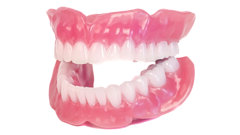




























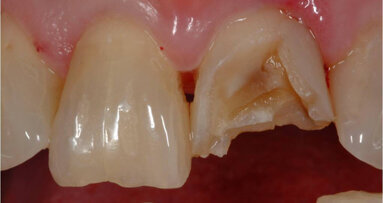

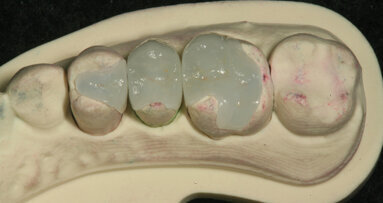


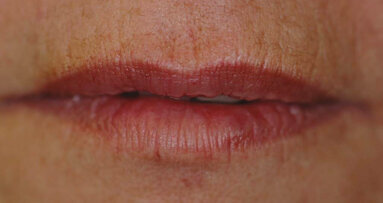

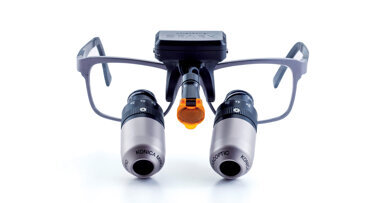















To post a reply please login or register